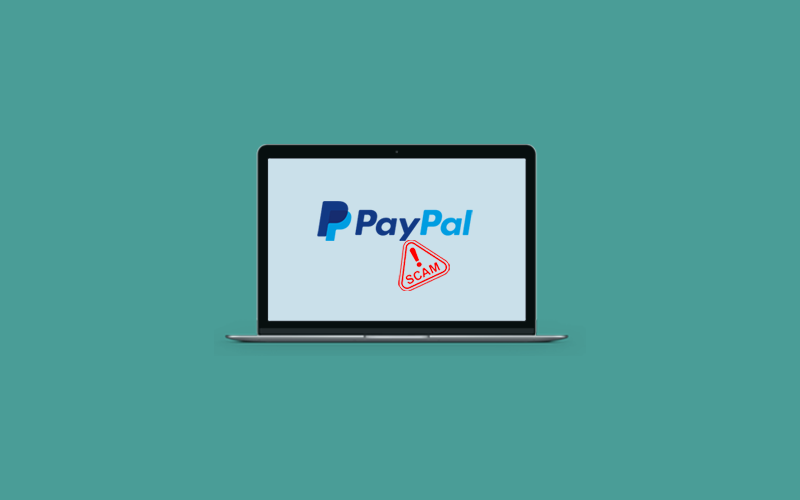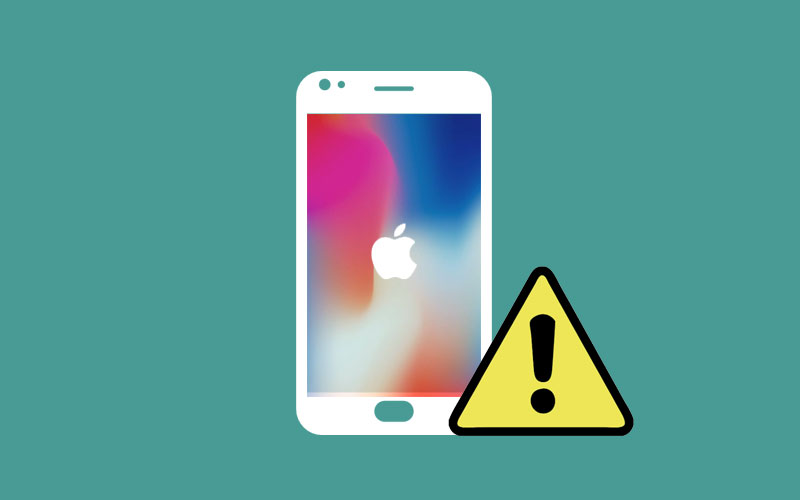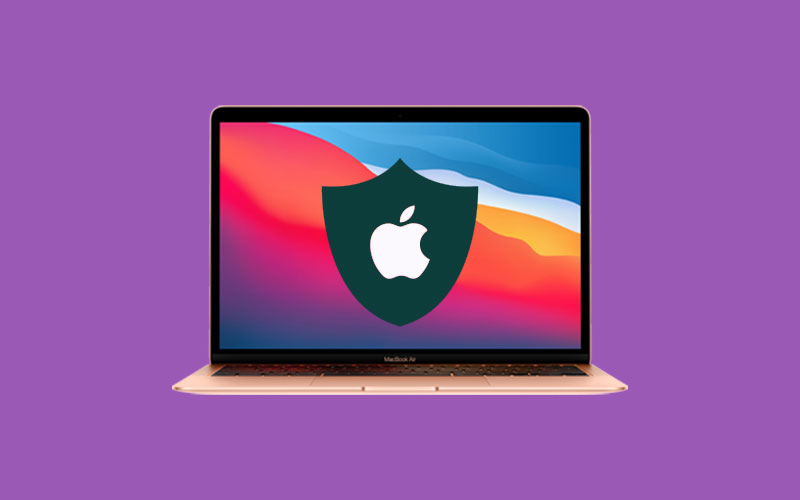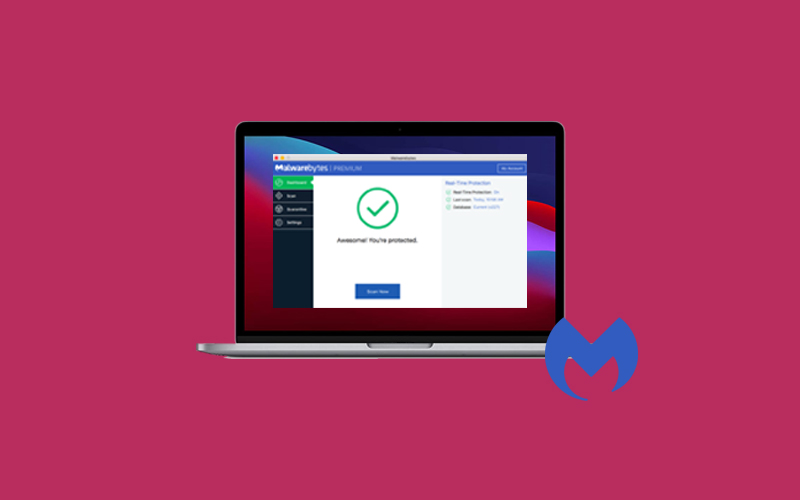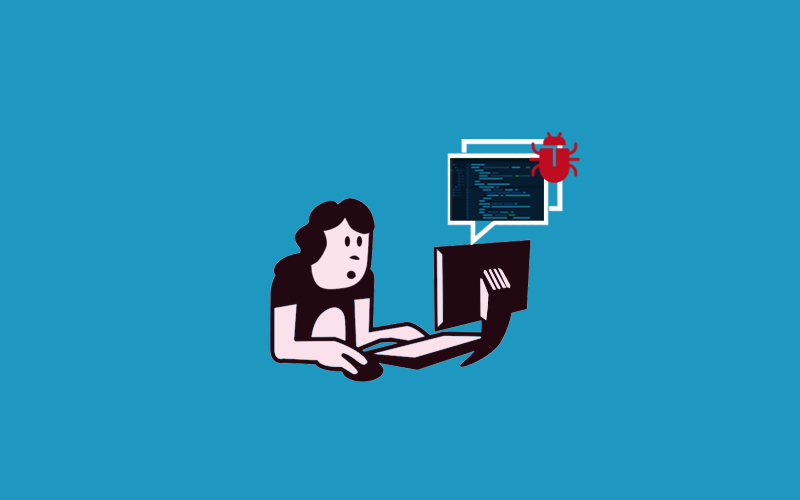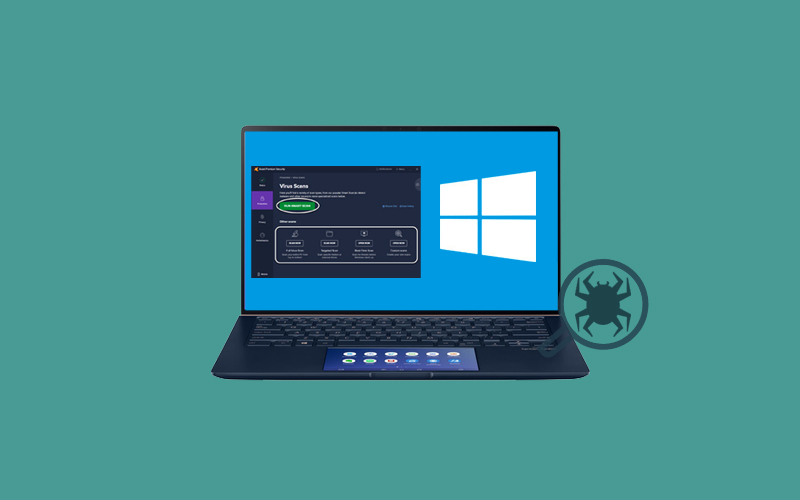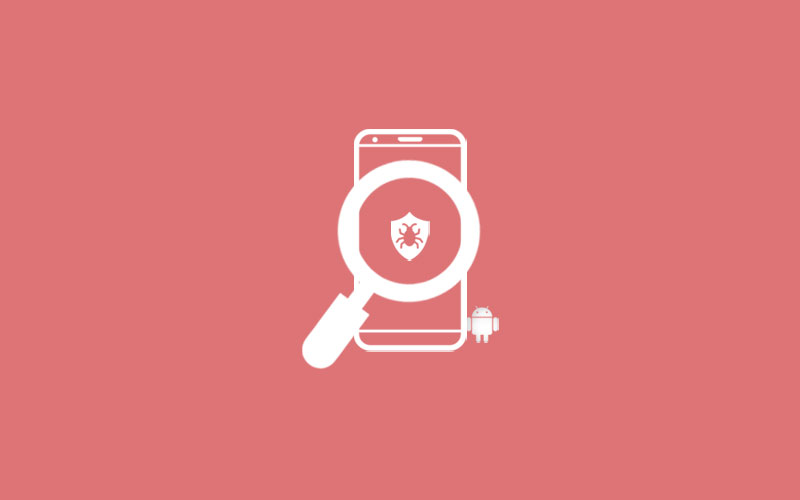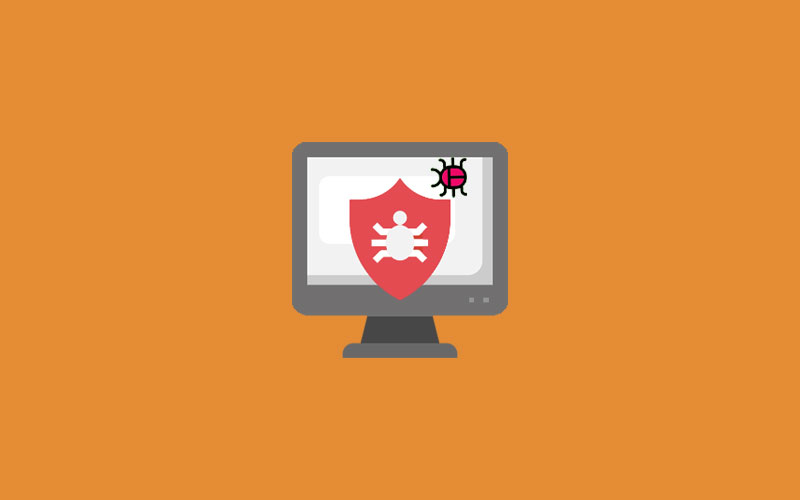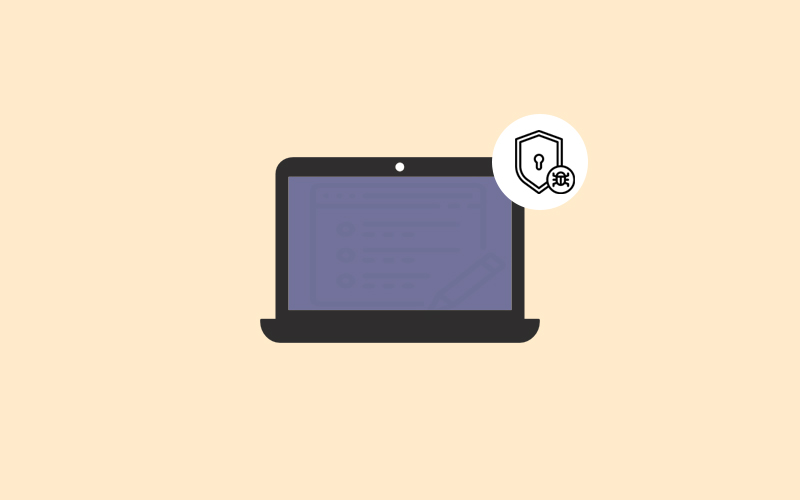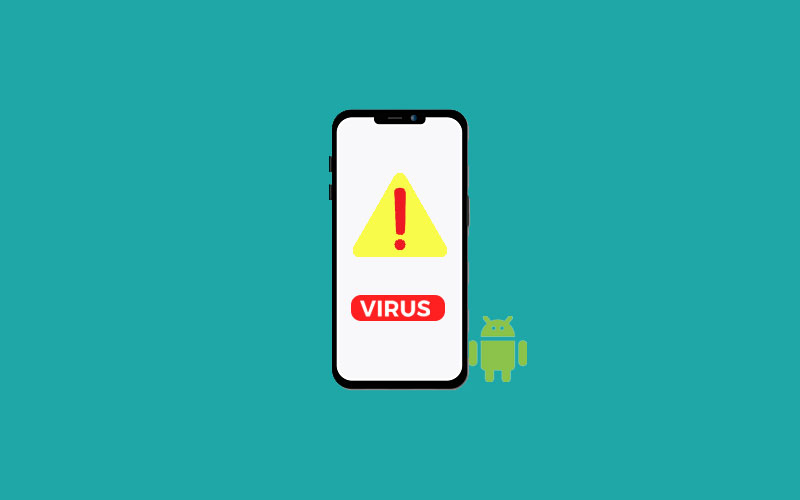How to Spot PayPal Phishing Scams and How to Prevent Them
PayPal is the world’s largest online payment processor and effectively working as a “middleman” between buyers and sellers, enabling users to transfers money safely through its digital platform. PayPal is using in every corner of the world and it’s very simple to use PayPal for online transactions. It has a large investment in users; PayPal has upwards of 360 million active users in more than 200 countries.
Since 1998, PayPal has been giving users a new and secure way for online transactions. PayPal has made business transactions easier than ever before. And because there are always large volumes of transactions between parties, there is a need for a secure and reliable source and PayPal has become the safe hand for large volume transactions around the world.
With this rising popularity, there are several devils who are constantly keeping an eye on PayPal’s users. Now, PayPal has become one of the most heavily targeted brands for phishing attacks. However, PayPal is considered one of the safest platforms for online transactions. For security, PayPal uses many security tools like data encryption, password protection, and anti-fraud technology, Two-step verification to protect its users from fraud and prevent scams. However, hackers have found ways to beat these security tools.
PayPal scams are coming in different forms but all these scams are really dangerous and you should be aware of these scams. But, PayPal scams are typically include Phishing scams such as phishing emails, spoofed websites, suspicious links, and a lot more. With all these scams, hackers try to know sensitive information like your account information, credit or debit card information.
In this article, we will disclose the most common PayPal scams and how you can spot them. You will also find few tips to prevent yourself from PayPal scams. Read on.
PayPal Scams List:
Find the most common PayPal scams list:
Need Immediate Action:
This is the most common PayPal scam used to manipulate the user for clicking on a malicious link. In these PayPal phishing scams, scammers will send you an email to warn you about a problem on your account and you need to take immediate action and will force you to click on the link. These phrases may include different variations such as “your account is about to be suspended’, ‘verify your account or ‘suspicious account has been detected on your account.’ All are used to illicit an immediate response and the link will either infect your device with malware or it will direct you to a phishing website so that hackers can steal your information.
Social Media PayPal Scams
PayPal phishing scams emerging using different platforms and social media are one of them. PayPal scams on social media are rapidly increasing. These phishing scams post by the hacker on social media post, and they just want you to click on the post that direct you to a phishing website where you will be asked to submit your personal details. When or if you enter the details, it means you’re in danger. Make sure you do not enter your personal details on any platform without cross-checking.
Congratulation! You’ve won a prize
This scam includes an offer or prize. You may receive an email informing you that you’ve won a prize but in order to receive it, you need to pay a small handling fee. The one thing you can notice here that indicates something’s wrong is you’ve won a prize for a competition you’ve never entered. It is recommend if you receive such emails, first of all try to remember that you’ve earned the order or not. PayPal also advises that a legitimate source would never ask you to pay to receive an order, and that you should never send money to someone you do not know.
“Friendly name” email PayPal scams
In these PayPal scams, a person will use a friendly-looking display name in order to pretend the email is from a legitimate source or from PayPal. All these force you to click on the link that directs you to a phishing website that looks like the original PayPal website. On this phishing website, you’ll be asked to enter your account information and as soon as you enter the details, your information will be sent to hackers.
How to Spot PayPal Phishing Scams
There are various things you can notice in the PayPal phishing scams. These mistakes or signs mostly are similar and of repetitive nature, so if you focus and show a little bit of awareness, you can spot PayPal phishing scams and can prevent yourself from them.
First of all, if you receive an email from PayPal, make sure to check the address. PayPal's official email will always come from paypal.com. PayPal does not use any third party (ISP) network or if you notice any third-party domain, do not open it or reply to it.
The very common thing in all phishing emails is fake Greetings. Fake PayPal emails will tend to use impersonal, generic greetings such as, ‘dear customer’ or ‘dear user’. If PayPal sends you an official email they would always address you by your first and last name or by your business name.
If you receive an email that asks you for your account information, or any sensitive information related to your accounts such as credit card number, or debit card information, open your eyes, it’s a phishing email. PayPal never ask for your account information or any sensitive information like this to provide you in email.
We recommend you to always pay attention to an email that asks you to click on a link or download an attachment. Remember that PayPal will never send customer emails with attachments or links to download software. These links will direct you to a phishing website that will steal your data or download malicious programs on your device.
The most common thing that helps you to determine if an email is fake is ‘spelling and grammar mistakes.’ Spelling and grammar mistakes are often one of the easiest ways to check if an email is fake. PayPal like huge companies has expert and well-educated writers who can prove every single piece of correspondence that the company puts out. No chance of spelling and grammar mistakes in PayPal official emails.
How to Prevent PayPal Phishing Scams
Find few tips to prevent PayPal phishing scams.
1. First of all, make sure you do not reply to PayPal phishing emails.
2. Do not click on any link or download any attachment in PayPal phishing emails; always go to the official website directly or by searching for it on Google.
3. You should never provide your PayPal account details unless you’re sure that you’re on the real PayPal site.
4. You may also receive PayPal fake phone calls, so make sure you do not answer such calls. Or you can download Truecaller on your phone. Truecaller is the world’s best Caller ID & Spam Blocking app. It will help you to identify the number and you can also block them. Get more details on Truecaller.com
5. Be alert with PayPal notifications. PayPal officials may also sends you alert about your account such as any email confirmation any time you make a purchase or send money through PayPal. But, if you get an alert that for activity that you didn’t make, you should let PayPal know about this immediately.
6. If you receive an email and you’re sure that email is fake, you can also report that email at [email protected]. You just need to forward the phishing emails to PayPal and then PayPal will investigate the matter further. But, make sure you do not make any alterations in the email such as in the subject line or sending the message as an attachment, avoid all these things.
7. To better your security standards too, we recommend you download Waredot Total Protection. It filters all the outgoing and incoming emails and blocks all the suspects from robbing all your significant information.
Final Touch
Hey guys! This was the guide about “How to spot PayPal phishing scams and how to prevent them.” With the rising popularity of PayPal, emerging scams are also coming with its popularity. PayPal phishing scams is at the peak in the scam world, and as this is the world’s best online payment processor so there are much benefits for hackers and scammers than any other source. We’ve listed all the required information about PayPal phishing scams and how you can prevent these scams. I Hope, this guide would help you to do so.
